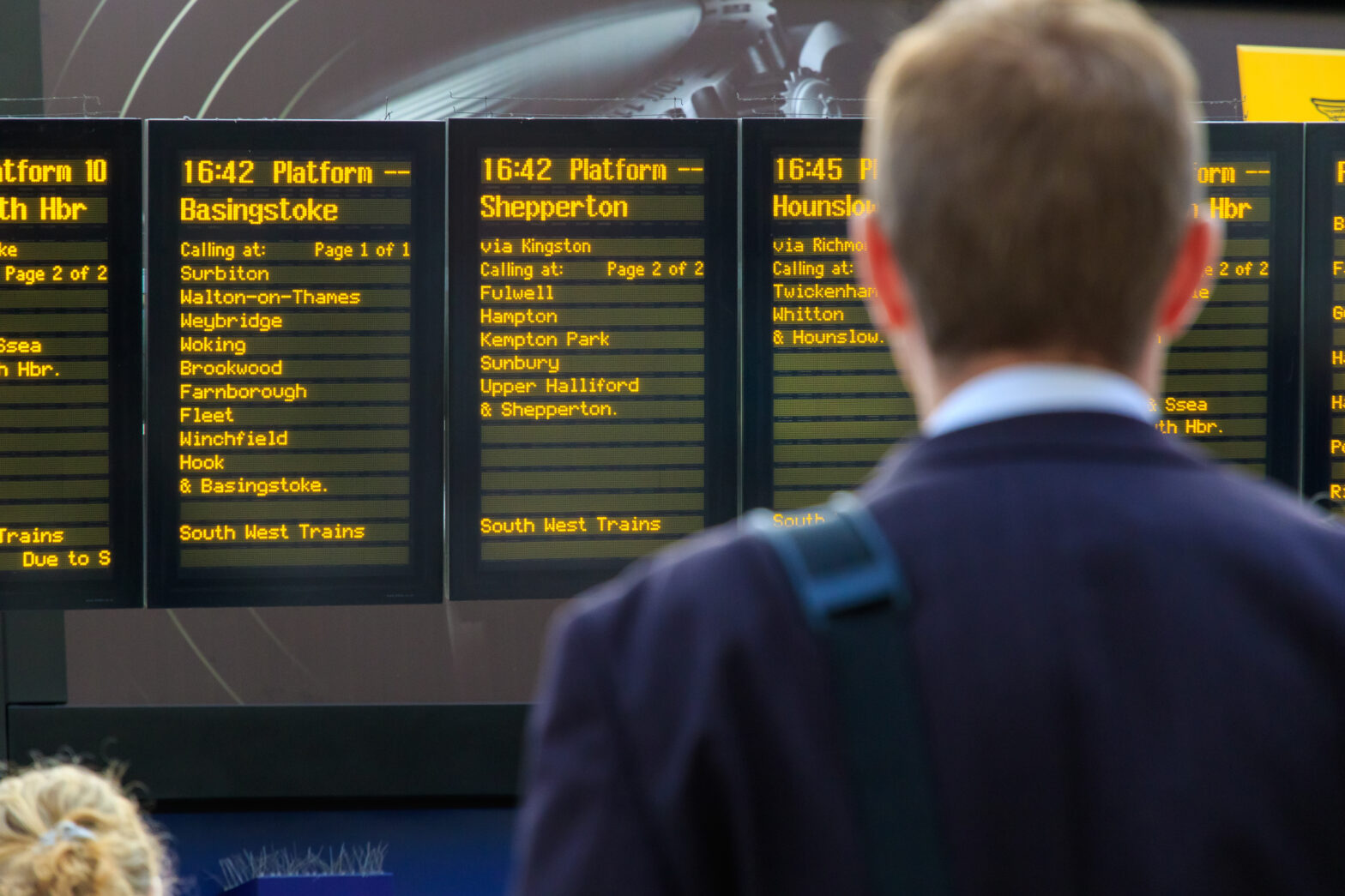Rail fares recently went up by an average of 3.4 per cent, the biggest increase to fares since 2013. Some people have even seen the price of their season ticket shoot up by more than £100, which is worrying news for those who rely on trains to get to and from work.
With the threat of unreasonably high transport costs and long commutes, there’s a real chance that employees could start thinking about a career closer to home. So, what’s the impact of all this? Disgruntled and stressed workers and, potentially, a much smaller catchment area for talent.
The role of the employer
Now is not the time to turn a blind eye to the stress and strain employees may be facing. Employers need to respond to these latest price hikes if they want to keep talented staff coming through the door. Whether through financial support or by rolling out initiatives to improve employees’ quality of life, it’s down to the employer to find the right solution for their staff and business culture.
Financial support
One way employers could support staff is through travel loans to help with the upfront cost of hefty ticket prices. These are often interest free and re-payments are deductible from employees’ salaries. For annual tickets, it’s not unheard to face fees of up to £10,000 but this is actually cheaper than month by month purchasing. Offering these annual travel loans not only means saving some serious pennies but also instills loyalty in those that rely on the benefit.
Another possibility is to finance alternative transport options. Take cycling for example – it’s a much more economical way to travel to work, and employers can even help their employees foot the costs up front through a cycle-to-work scheme. Not to mention the health benefits of a bit of exercise!
For the drivers among the workforce, car salary sacrifice schemes could be a better solution. Ultra-Low Emission (ULE) cars can be far more affordable with this benefit and people can save on fuel costs too.
Whatever scheme is put in place, it’s important to make sure that they are working well for the staff that need them. If there’s no up-take, a business has to find out why. Do the cyclists need bike racks or changing rooms? Are parking costs too hefty? What more can the business do to support and reinforce their belief in these schemes?
Employee quality of life
For many, the new rail fare increases add insult to injury. Commutes to work are hardly a dream, with the average British worker facing a 58-minute journey to work every day, according to the TUC. That’s the equivalent of 27 working days a year – almost the average holiday allowance! The University of the West of England also did a study into daily commutes showing that a 20-minute increase in commute time for an employee is considered just as bad as a 19 per cent pay cut by workers.
To help, employers could introduce a flexible working policy. With the option to start late and/or finish early, employees gain more control over the lives. That means time to collect the kids from school, hit the gym or just enjoy a lie in. That’s not to mention the financial savings they could also make on advance purchase tickets and off-peak fares.
Along the same lines, developments in technology mean remote working is available to almost everyone, anytime and anywhere in the world. So long as flexible and remote working policies are well respected, there’s no reason to fear a dip in productivity, and workers could avoid paying for travel altogether. All this proves that employers want work to fit around lifestyle, not the other way around, ultimately improving an employee’s quality of life.
Providing practical support
Regardless of the specifics, employers need to be aware of their role in helping staff manage the day-to-day cost of living, which can be a massive contributor to stress. A proactive employer that offers staff practical financial solutions can help them make significant savings while also building loyalty and improving workplace relationships.
It’s not enough, however, for employers to simply offer staff travel loans, vouchers or cycle-to-work schemes and then forget about them. They need to make sure that employees are fully aware of these perks and the value they can offer.
By creating a fool-proof communications strategy and open lines of discussion with HR and management, businesses can make sure that their staff reap the full benefits of these schemes. In turn, employers will begin seeing the benefits too: a positive workplace culture that can attract new staff and retain the best employees.
Further reading on rail fare increases
James Malia is director of employee benefits at Sodexo Engage.





